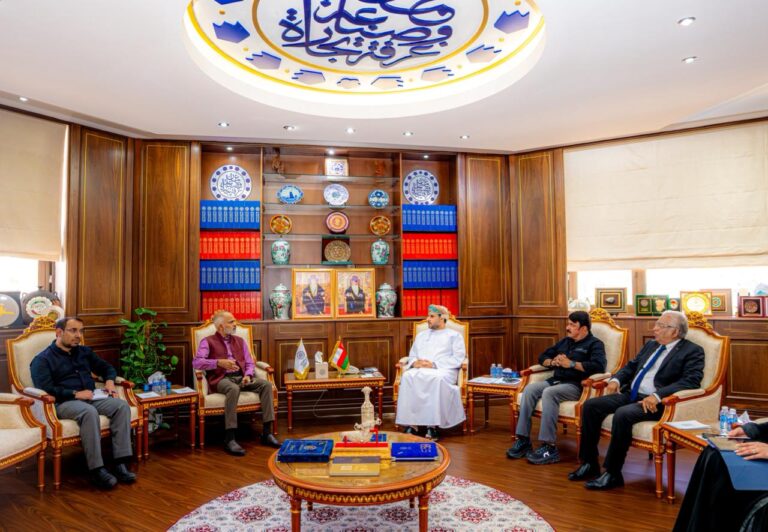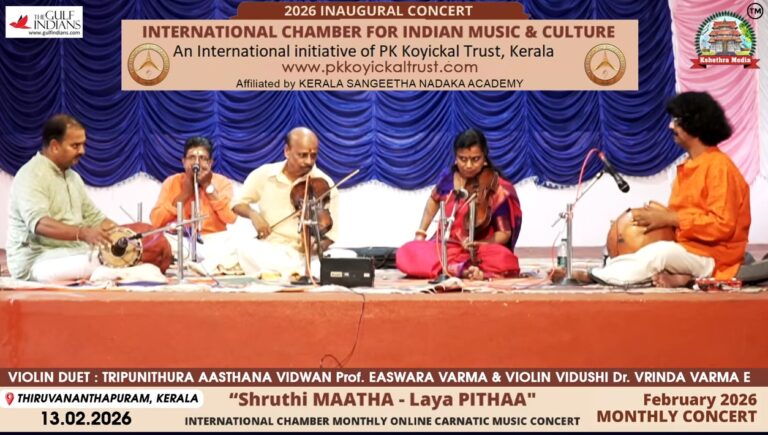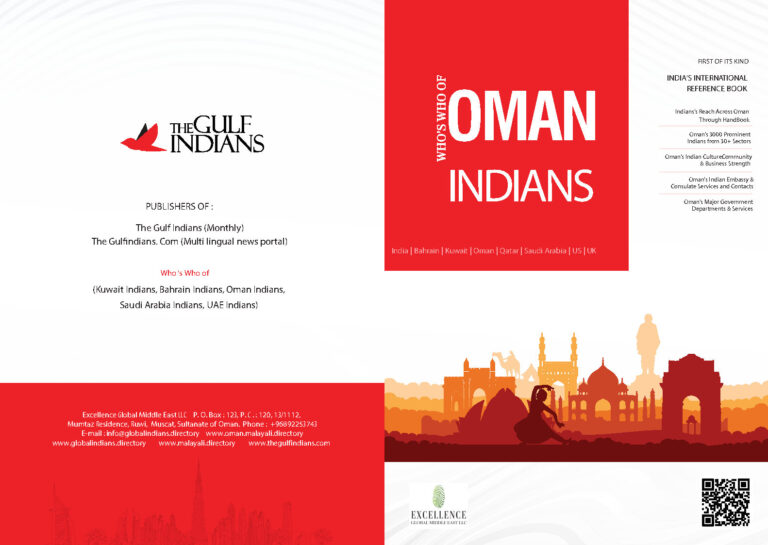Attorney General K K Venugopal has filed an affidavit in the Supreme Court and told that increasing women judges can be helpful in dealing with the non-empathetic approach of judges in cases of sexual violence. He also pointed out that the fact there has never been a female CJI (Chief Justice of India).
Venugopal said Supreme Court only has two women judges, as against a sanctioned strength of 34 judges.

Mr Venugopal was replying to a plea questioning the bail conditions imposed by the Madhya Pradesh(MP) High Court wherein an accused was asked to get a Rakhi tied by the victim as a condition for enlargement bail.
“Improving the representation of women in the judiciary could also go a long way towards a more balanced and empathetic approach in cases involving sexual violence. For instance, this Court (SC) only has 2 women judges, as against a sanctioned strength of 34 judges. There has never been a female Chief Justice of India,” the AG said in his written submissions filed on Tuesday.
Nine women lawyers led by Supreme Court advocate Aparna Bhat filed a petition citing orders from other High Courts to highlight the non-empathetic approach of judges while dealing with cases of sexual violence.
What you should Know?
• KK Venugopal told the Supreme Court that increasing women judges in the judiciary can help in dealing with the non-empathetic approach of judges in cases of sexual violence.
• The AG also said that courts should avoid suggesting a comparison between the accused and survivor.
• He also pointed that so far India has never had a woman Chief Justice.
AG Venugopal also suggested measures to improve the strength of women in the judiciary. He suggested collection of data to determine the number of women judges in the lower judiciary and in tribunals. He said the same should be done to determine the number of senior designates by all High Courts, year wise. AG Venugopal further suggested the need to ensure greater representation of women at all levels of the judiciary, including the Supreme Court.
The AG said the Supreme Court could consider highlighting the following in cases of crimes against women:
• Bail conditions should not mandate contact between the accused and the survivor.
• Bail conditions must protect the complainant from any harassment by the accused.
•Wherever bail is granted, the complainant may immediately be informed that the accused has been granted bail.
• Bail conditions must be free from stereotypical or parental notions of women and their place in society. The bail conditions must strictly be in accordance with the requirements of the CrPC (Criminal Procedure Code).
•Courts should avoid suggesting a compromise between the accused and victim.












